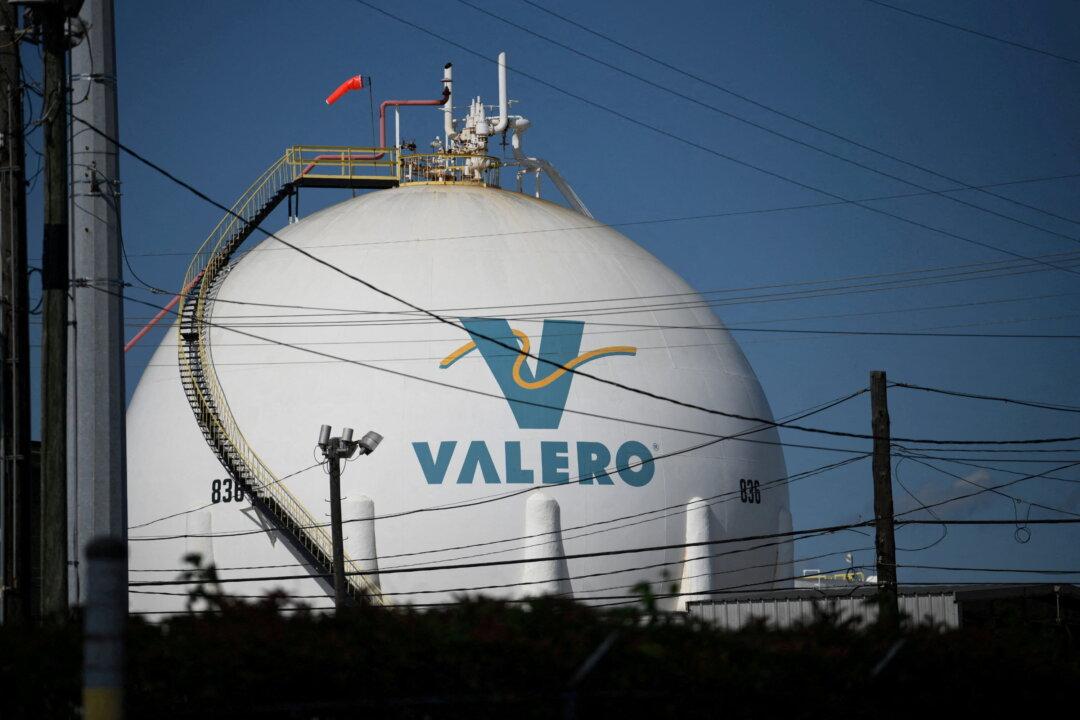Regulators in California announced on Oct. 31 a penalty of nearly $82 million for oil giant Valero for alleged air pollution violations at the company’s Benicia refinery in the Bay Area.
The case was brought jointly by the California Air Resources Board and the Bay Area Air Quality Management District—and represents the district’s largest penalty ever assessed.





